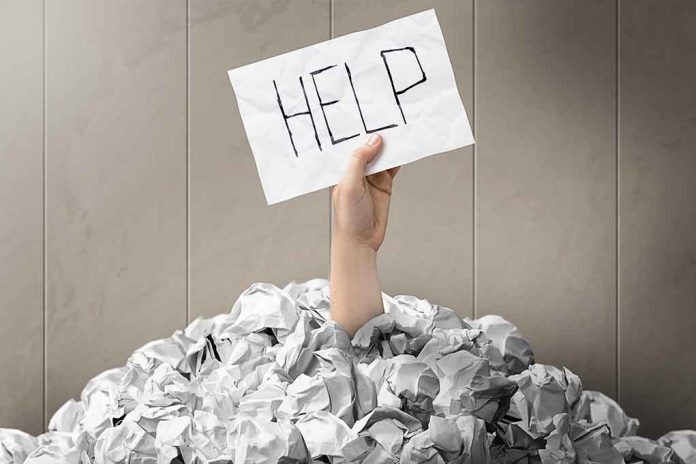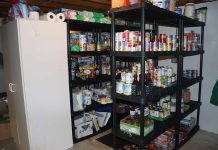
(Daily360.com) – Chances are you heard or yelled “call 911” during an emergency. However, many people do not know about 211.org. When not in immediate danger, this is the first step to getting help in times of crisis. 211.org is a free and confidential service that connects people across the United States with plentiful resources to help during a non-emergency situation.
211.org has excellent information you can use, such as access to affordable health care, child, youth, and family support, and more. Read on to learn everything you need to know about 211. org.
The Development of the 211 Service
In 2000, the FCC ordered that 211 be allocated as a non-emergency number to allow information to be transmitted. There are many organizations in the 211.org network, such as:
- United Ways
- Goodwill
- Hyper-local crisis centers
- Community Action Group, among other partners
In this network, local community experts (in 200+ agencies nationwide) are ready to give you all the information you need. If you would like to speak to one of these experts, you can contact them online, via SMS (text message), or by calling 211.
What is 211.org?
211.org is a major national service used by millions of people across the United States. Every day, people call or text 211 for services and information related to finance, family life, education, or disaster counseling.
211.org is here to help with the following services:
- Children care assistance
- Food assistance and dietary supplements
- Mental Health care
- Recovery efforts in the event of natural disasters
- Assistance with utilities
- Vaccinations and Healthcare
In addition to other essential services, 211.org provides support in the event of physical and mental abuse and assistance with escaping these situations.
You can call 211 if you need a connection to an appropriate community organization or agency in your area. According to the Federal Communications Commission (FCC), the 211 service is available to 94.6% of the US population.
How to Use 211 for Help
If you need help with essential services in a non-emergency situation, you can visit 211.org or call 211 from your mobile or landline device. Your call will be routed to a local center, where a referral expert will ask you about the type of assistance you need.
Essential Community Services
211.org is a free, confidential information and referral service that connects people across the United States to local services.
Types of services on the 211.org network include:
Job and Education Resources
Over 211, you will find certificate programs, career centers, continuing education, literacy programs, and professional training.
You can also go to 211.org or call 211 to donate money or time to a nonprofit organization.
Family Support and Mental Health Services
211 family professionals and professionals can help individuals find resources for child development, child care support, mental health services, and substance abuse treatment and recovery.
In addition, experts can help with prevention and crisis support in a disaster or life-threatening situation. The service is available all day.
Housing Assistance
Families and youth can easily connect with emergency shelters, housing, utility programs, and home repair services through 211.org.
Seniors and people with developmental disabilities are not left behind. You can also find respite care programs and services through 211.org.
Human Services
If you are looking for resources and programs covering rent, energy, home heating, groceries, services, family services, and individual services, 211 experts can connect you to immediate assistance via resources in your geographic locality.
Because 211.org is private, individuals should not disclose any personal information. The professionals you speak with can guide you to the needed services while keeping your identity anonymous.
Copyright 2023, Daily360.com













